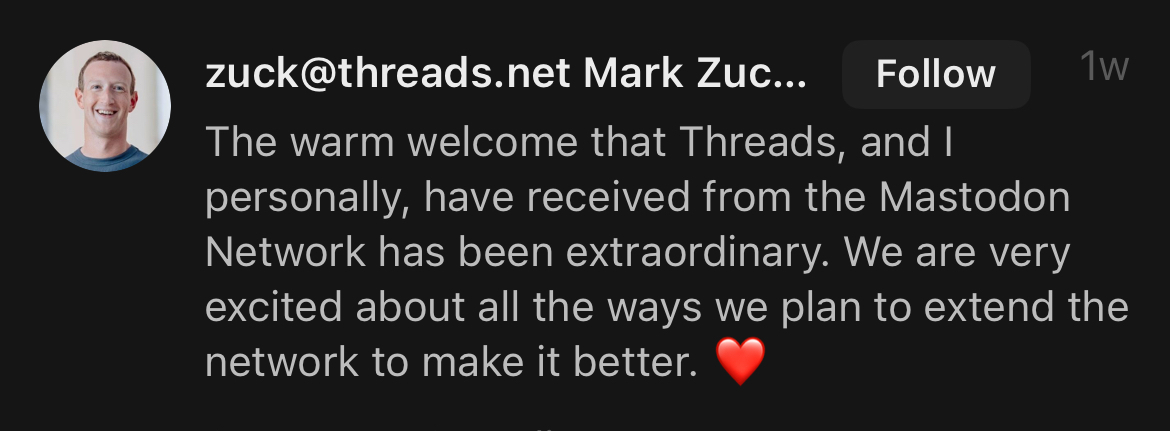Tap for Article
Norway’s weak currency presents a mystery
The country’s economy is thriving yet the krone is becoming less and less valuable. What’s going on?

photograph: alamy
Sep 12th 2024
Norway’s gdp per person is $94,600, some 11% higher than America’s. The country’s unemployment rate is 2%. Growth, though slowing, has been higher than the rest of Europe’s in recent years. And the Norwegian sovereign-wealth fund, capitalised with oil revenues, is now worth over $300,000 per inhabitant.

chart: the economist
What could be better? Answer: the currency. Norwegians are fretting about the krone, which since the end of 2020 has fallen by 8% against a trade-weighted basket of currencies and flirted with all-time lows against the dollar and the euro, following a decade of slower-paced weakening (see chart). In a country that imports almost all its consumer goods, this has added to inflationary pressure. Norges Bank, Norway’s central bank, is confused as to how the country’s economy can be doing so well and its currency so poorly. An official currency commission may follow.
One commonly cited explanation for the fall in value is a lower oil price. Although this may account for some weakness, it fails to explain why the krone did not rebound along with energy prices in 2021-22. Instead, it fell in 2022 even as oil prices surged. Something else is at play.
Analysts at Apollo Asset Management look to interest-rate differentials. As the Federal Reserve raised rates aggressively in 2022-23, the attractiveness of holding dollars rather than krone rose. Norges Bank, responding to the currency’s weakness, seems set to hold rates at 4.5% for the rest of this year, even as the Fed cuts. But this does not tell the whole story either, since the krone has weakened against lots of currencies, including the euro, with which interest rates diverged much less.
Perhaps it is freak pricing. Low trading volumes mean that anomalies may persist, as big investors will be reluctant to enter the market, given that large interventions will interfere with prices. The Bank for International Settlements, a central-banking club, puts krone turnover at just $125bn a day, against $2.3trn for the euro.
A final possibility will be the most alarming to Norwegians. The krone could still be overvalued, with its long march down being a return to normality after the country became a safe haven from the economic turmoil that hit Europe a decade ago. The Economist’s Big Mac index notes that a burger was priced at nkr74 in Norway against $5.69 in America as of June, implying an exchange of nkr13 to the dollar compared with the market rate of nkr11. A further fall would be good news for tourists in Oslo, who would no longer be quite so shocked by the prices. It would be less welcome for Norwegian consumers.
For more expert analysis of the biggest stories in economics, finance and markets, sign up to Money Talks, our weekly subscriber-only newsletter.
This article appeared in the Finance & economics section of the print edition under the headline “Nordic noir”




sigh - Days without thinking about her: 0